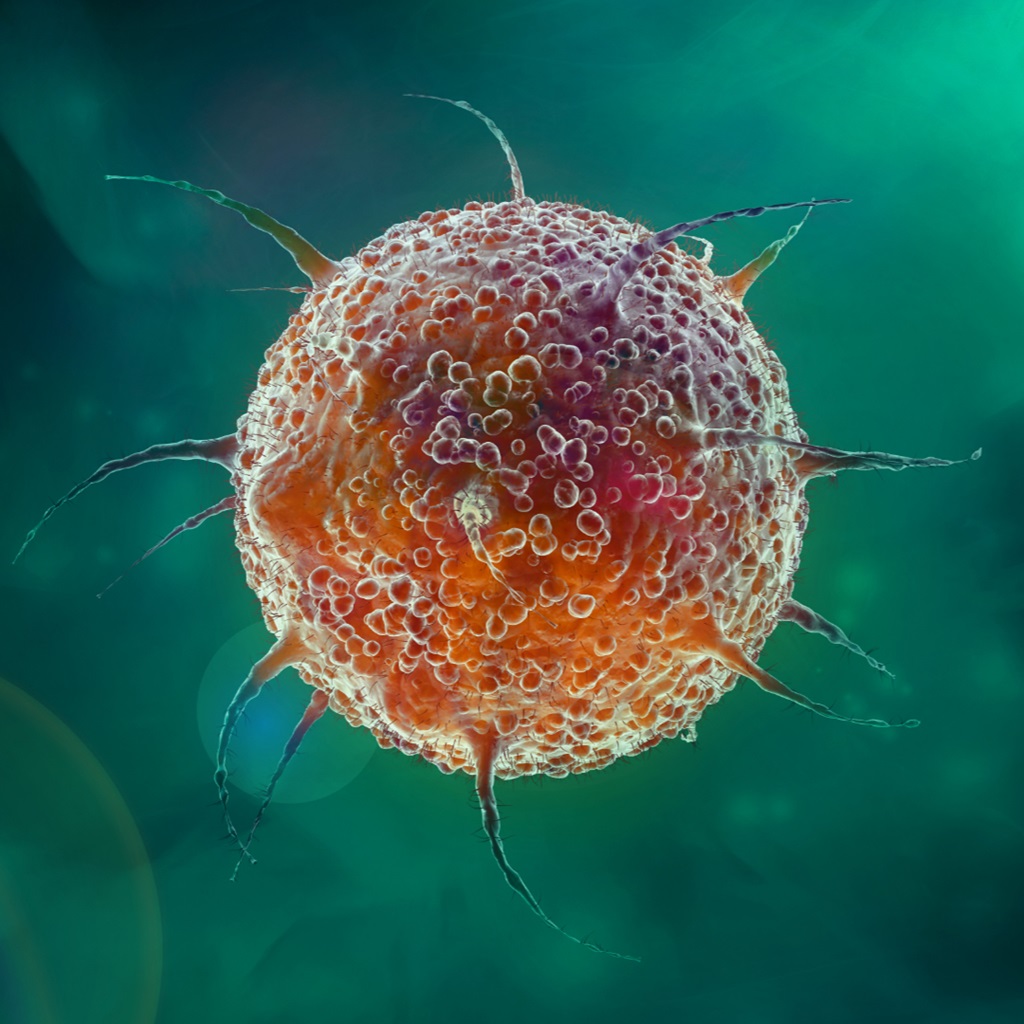
The use of exosomes in regenerative medicine is a relatively new area of research, but it has shown promise in treating a variety of conditions, including musculoskeletal injuries, autoimmune diseases, and neurodegenerative disorders.
Exosomes can be harvested from various sources, including adult stem cells, embryonic stem cells, and umbilical cord blood. Once harvested, the exosomes can be purified and used for therapeutic purposes.
Exosome therapy is considered a form of cell-free therapy, as the exosomes themselves are not cells. Instead, they contain signaling molecules that can communicate with other cells in the body, promoting healing and regeneration.
Exosome therapy is considered to have several advantages over other types of cell-based therapies. Because exosomes are small and can cross the blood-brain barrier, they have the potential to treat a wide range of conditions, including those that are difficult to access with other types of therapies. Additionally, exosome therapy may have fewer risks and complications compared to other types of cell-based therapies, as exosomes are less likely to trigger an immune response or form tumors.